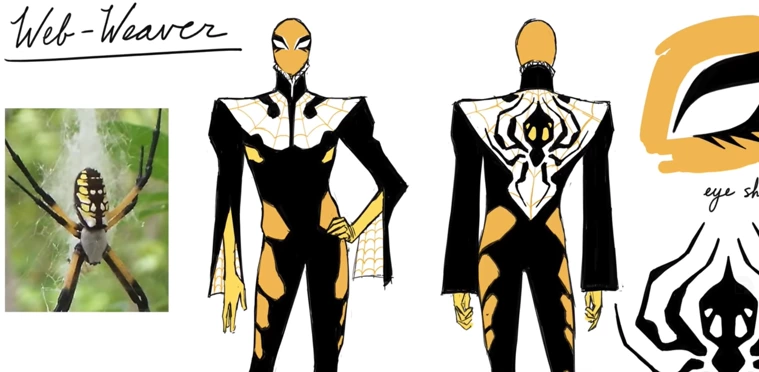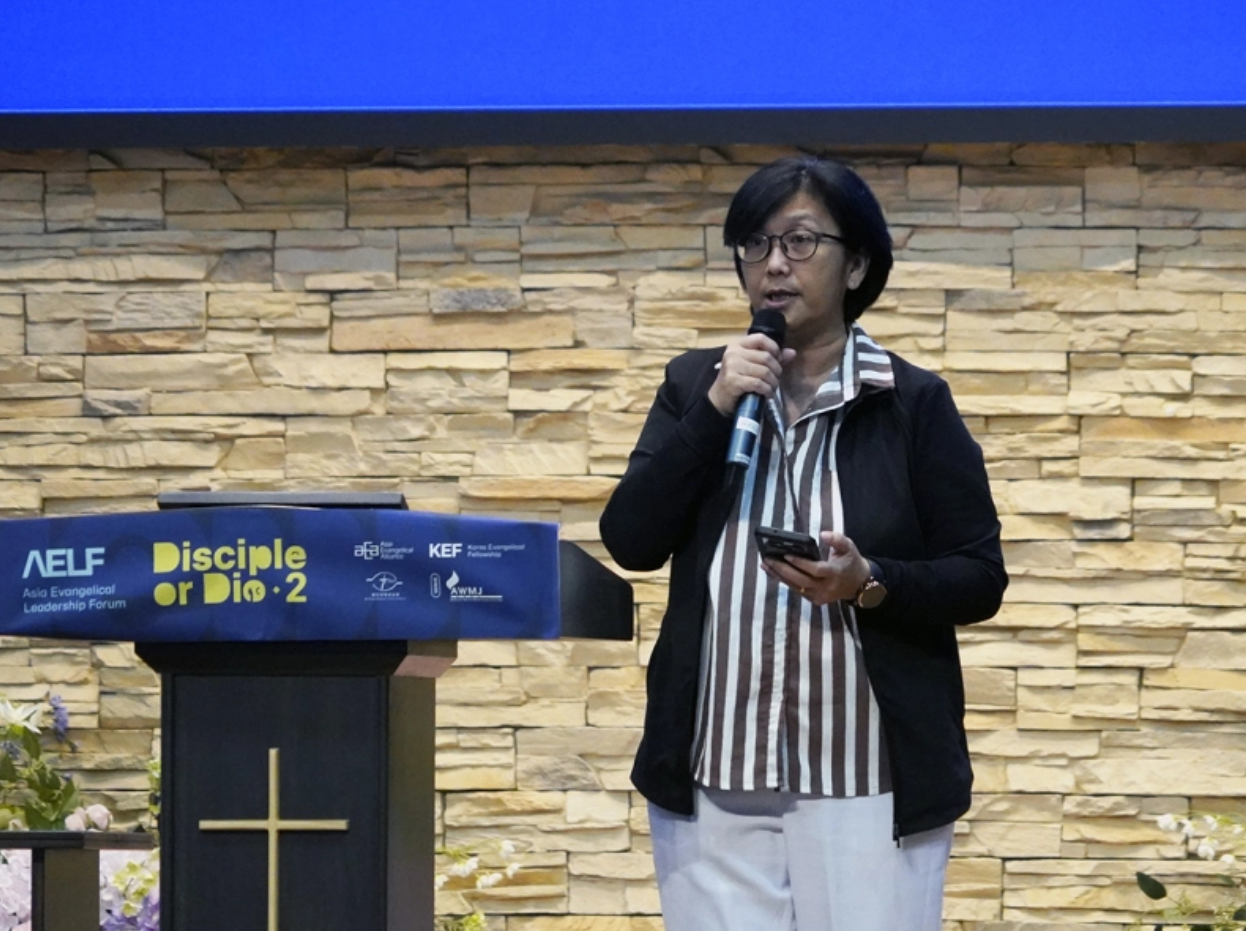New ‘Spider-Verse’ character to have ‘fearlessly femme identity’
Another comic book icon is “going gay.”
Marvel Entertainment is set to introduce a flamboyant version of Spider-Man in its September issue of Edge of Spider-Verse #5.
Designed by Kris Anka, the alternate universe Spider-Man known as “Web-Weaver” was first revealed after sketches of the character — complete with eyeliner and a lacy “Spider suit” with shredded tights — went viral on social media.
Described by issue creator Steve Foxe as a “not-so-mild mannered fashion designer” who is a “very different kind of Spider-Slayer,” Web-Weaver is one of three brand new Spider-Man character spinoffs set to debut this fall.
In a tweet that his account which was later set to private, Foxe wrote: “Something I realized immediately when conceiving Web-Weaver is that he can’t — and shouldn’t— represent ALL gay men. No single character can. His fearlessly femme identity is central to who he is, but it’s not the STORY…which you can experience for yourself in September!”
The Walt Disney Company purchased Marvel for $4 billion in 2009.
In a 2015 interview, Spider-Man creator Stan Lee, who created countless Marvel comic book characters, said he had “no problem with creating new, homosexual superheroes” but that the identity of Peter Parker, Spider-Man’s alter ego, was already established.
“I wouldn’t mind, if Peter Parker had originally been black, a Latino, an Indian or anything else, that he stay that way,” he said. “But we originally made him white. I don’t see any reason to change that,” Lee said.
He also signaled support for gay comic book characters in general, even as he was opposed to retroactively changing Parker’s sexual identity.
“I think the world has a place for gay superheroes, certainly,” Lee was quoted as saying. “But again, I don’t see any reason to change the sexual proclivities of a character once they’ve already been established. I have no problem with creating new, homosexual superheroes.”
Film and media critic DeWayne Hamby told CP with all the gender-bending of comic book icons in recent years — from a bisexual Superman to a gay Green Lantern — the Web-Weaver announcement “doesn’t feel like big news.”
In May, Marvel introduced Escapade, a “transgender mutant superhero,” the latest such character to identify as LGBT on the pages of a comic book.
“As a longtime comics fan, what bothers me most is when they replace the traditional characters with the new variations instead of letting them stand or fall on their own,” Hamby said.
Hamby said he believes that for the companies producing this content, a political narrative is now more valued than stories or characters.
“The comic book companies and their corporations feel they’re under a moral mandate to introduce these themes and characters to younger audiences,” he said. “The best-case scenario for comics readers is story first, but with this, it feels like agenda first, story second.”
By Ian M. Giatti, Christian Post Reporter
Originally published on The Christian Post
(c) The Christian Post, used with permission




